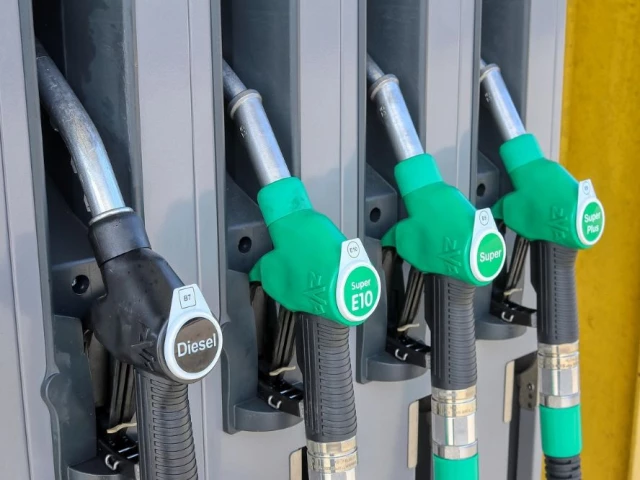Oil prices fell sharply on Monday, dropping more than $3 per barrel after Iran attacked a US military base in Qatar in retaliation for earlier US strikes on its nuclear facilities. Despite the military escalation, Tehran did not target oil or gas tanker routes, particularly through the crucial Strait of Hormuz, easing market fears of a full-blown energy crisis.
By 1:13 p.m. ET (1713 GMT), Brent crude futures had declined $2.91 (3.8%) to $74.09 per barrel, while US West Texas Intermediate (WTI) dropped $2.80 (3.8%) to $71.06.
Explosions were reported near Doha, Qatar, shortly after diplomatic sources cited credible threats against the US-run al Udeid Air Base. However, Qatar confirmed no casualties, and analysts believe oil infrastructure is not Iran’s immediate target.
“Oil flows aren’t the primary focus at the moment. Iran appears more focused on military retaliation against US or Israeli targets,” said John Kilduff of Again Capital.
Qatar and the UAE closed parts of their airspace, disrupting regional air traffic. Meanwhile, at least two supertankers altered course near the Strait of Hormuz, indicating caution among shipping operators. The narrow waterway handles about 20% of global oil trade, and any blockade could severely impact supplies.
READ MORE:
Pakistan Extends Airspace Ban on Indian Aircraft Until July 23 Amid Ongoing Tensions
Despite these movements, analysts say the risk of a full closure remains low. Research firm Energy Aspects noted that Iran’s targeted response might help de-escalate tensions if there are no US casualties. “If further retaliation is limited, oil prices could stabilize,” the firm added.
US President Donald Trump confirmed that US strikes had “obliterated” Iran’s key nuclear facilities in coordination with Israeli forces, which also targeted Tehran and the Fordow nuclear site on Monday.
Iran, OPEC’s third-largest oil producer, responded by expanding its list of “legitimate military targets” and denounced Trump as a “gambler” for aligning with Israel’s military actions.
Meanwhile, Trump used his Truth Social platform to urge the US Department of Energy to ramp up domestic production, stating: “Drill, baby, drill. I mean now,” in a bid to keep oil prices in check.
Banking giant HSBC predicted that Brent crude could briefly surge past $80 per barrel if risks to the Strait of Hormuz increase but expects prices to fall back if disruption remains minimal.
In Iraq, Basra Oil Company confirmed that major oil firms including BP, TotalEnergies, and Eni had evacuated some staff from oilfields as a precaution due to regional instability.




